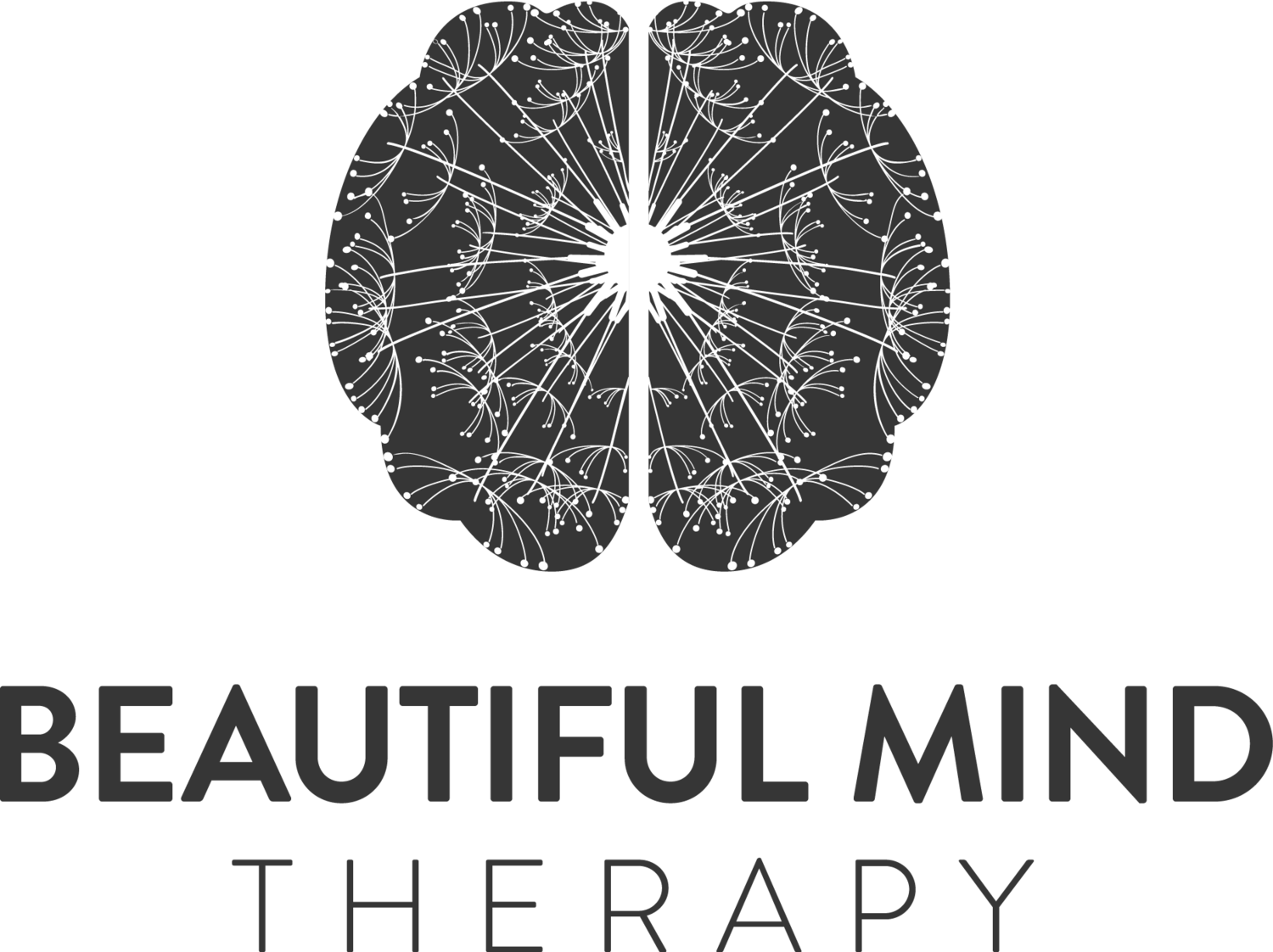Asta has extensive knowledge in conducting and writing psychosocial evaluations for immigration purposes and has worked with top-ranking lawyers around the country, submitting hundreds of detailed evaluation reports resulting in favorable outcomes for her clients.
Asta is licensed in the following states:
Illinois (License number: 180.008968)
Indiana (License number: 39004326A)
Florida: (License number: MH 21774)
Wisconsin (License number: 10284 - 125)
Services offered:
Extreme and Exceptional Hardship/Waivers
Spousal Abuse (VAWA)
U Visas
T Visas
Asylum
Why should the psychosocial assessment be considered in an immigration case?
There are several instances in which a psychosocial assessment conducted by a licensed professional mental health provider can help you with a case before the United States Citizenship and Immigration Services (USCIS):
Extreme Hardship: The assessment provides a comprehensive evaluation of various aspects of a client’s life if a non-citizen visa is denied, thus resulting in the separation of the immigrant from their loved one(s). The assessment helps the immigration court to understand the negative consequences of splitting up families, such as psychological, health, financial, and educational concerns.
Spousal Abuse (VAWA): Applicant, a victim of domestic abuse, seeks to establish the presence of domestic abuse in order to file for legal status separately from their U.S. citizen spouse. The assessment determines if abuse is present. Abuse can be physical, verbal, sexual, financial, or psychological. The assessment also evaluates the overall psychological impact of the abuse on the victim.
U Visa: This is a non-immigrant visa set aside for victims of certain crimes who have suffered mental or physical abuse and are helpful to law enforcement or government officials in the investigation or prosecution of criminal activity. Examples of qualifying criminal activity are: abduction, abusive sexual content, blackmail, extortion, false imprisonment, fraud and foreign labor contracting, kidnapping and hostage-taking, incest, manslaughter, murder, obstruction of justice, prostitution, rape, sexual assault/exploitation, stalking, torture, and witness tampering.
T Visa: This visa is specifically for those who are or have been victims of human trafficking. The assessment can be extremely helpful in highlighting the hardship pertaining to the case.
What do I need to know about psychosocial assessment?
The evaluation process can take three to five hours and is usually completed during one visit. Asta will consult with your attorney as well as other collateral sources and will review pertinent medical, mental health, legal, and academic records. The information gathered by an assessor is compiled into a detailed report, which usually requires at least two weeks for completion.
Asta’s comprehensive evaluation involves a review of personal, family and background information, medical/psychiatric conditions and medications, hardship factors, results of the mental status examination and questionnaires/scales, DSM-V diagnosis, summary, and recommendations. In some cases, Asta also reviews scientific research findings related to each case, such as the effects of separating children from their father or mother.
What do I need to do prior to my assessment?
Following are the steps that are involved in the assessment process. The description is given so that you know what to expect as you decide to have an evaluation completed and as you prepare for and go through this evaluation.
Set up an appointment. It usually lasts between 3 and 5 hours and is normally completed during one visit.
Sign "Release of Information" forms which will allow the assessor to discuss your situation with anyone that would be of use in establishing your case (attorney, physician, etc.). Please bring a business card/contact information for anyone with whom you would like the assessor to discuss your case for all family members.
Fill out the Immigration Questionnaire and assessment forms.
Write down a list of important dates such as births, engagements, marriages, separation, divorce, U.S. residency, and U.S. naturalization.
Provide medical records for all family members including any medications all family members are currently taking.
Provide school records for all the children in the family (special education, any testing, behavioral plans, etc.).
Provide marriage/divorce court records (marriage certificates, divorce decrees, and additional court documents).
Provide a record detailing your criminal history where applicable.
Provide all immigration documents you have received from USCIS (e.g., letters, denial letters, forms).
It is important that you understand in advance that this is an independent evaluation. There is a possibility that an assessor’s impressions may be unfavorable to your position.
In addition to seeing clients in our office, we will make arrangements to interview out-of-state clients with a HIPPA-compliant video platform.
Please contact us via email: beautifulmindtherapy@gmail.com or phone (708-695-4808) to obtain more information about how an immigration psychosocial evaluation can be helpful in a successful immigration case. Sample reports and references are available upon request.

